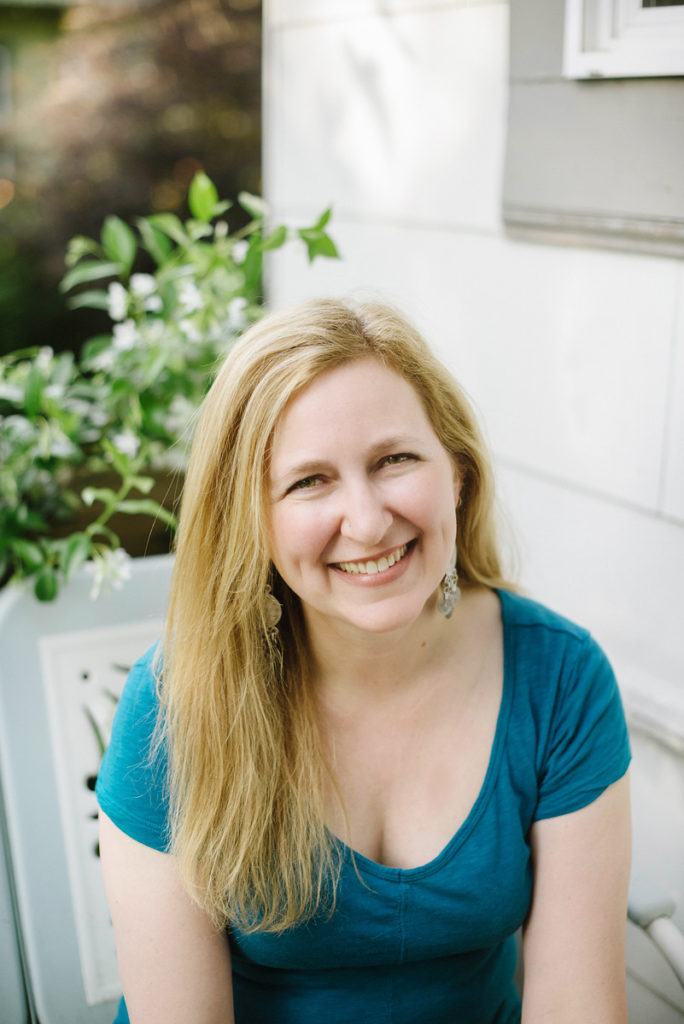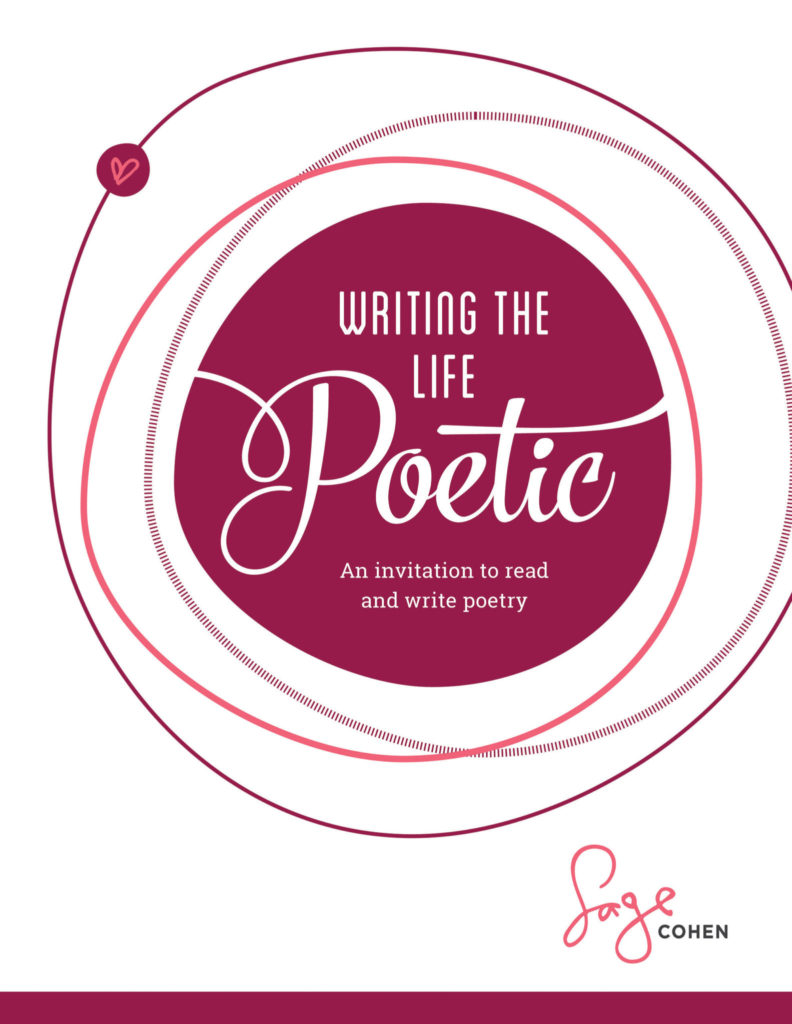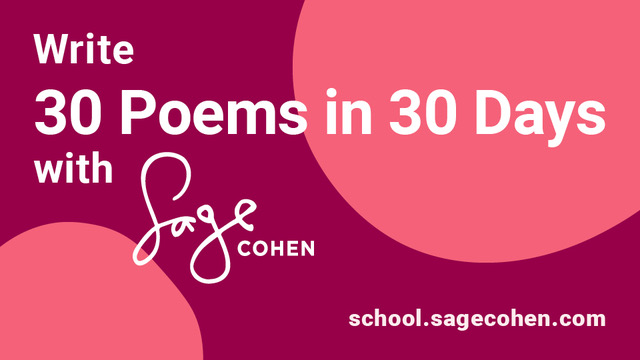
Credit: The Weaver House
One of the trickiest – and most liberating – aspects of poetry is that there is no Gold Standard against which we measure its worth. Without this standard, it can also be difficult to evaluate when a poem is finished. Because each poem is trying to accomplish something different, it is up to us to decide when the poem has arrived. This is not easy to do, even when one has been writing for decades; but it sure is satisfying to practice!
The important thing to remember about revision is that it is a process by which we become better acquainted with the poem and push it further towards its own potential. In the revision stage, we re-visit and may re-invent the choices we have already made with language, image, voice, music, line, rhythm, and rhyme.
The tricky balance involves wildly experimenting with what might be possible in a poem––beyond what we first laid down on the page––without losing the integrity of the idea or emotion that brought us to the poem in the first place. This is a skill that develops over time, through experience, and largely by feel. If it seems like you’re groping around in the dark when revising, then welcome to the club!
The process of revising poems is unique for each poet; and often, each poem has its own, unprecedented trajectory. I’ve had a few “whole cloth” poems arrive nearly perfectly complete in one contiguous swoosh of pen to paper. And I have other poems that have taken me more than 15 years to finish. More typically, I work on a poem for a few weeks or months. Sometimes, I think a poem is finished; and years later, it proves me wrong, demanding a new final verse, or line structure, or title.
For the purposes of establishing a revising practice, I recommend that you divide writing and editing into two completely separate acts that happen at two different sittings (preferably on different days). The goal of this “checks-and-balances” system is to give yourself the space to let it rip when you’re writing, without fearing interference from your inner editor. Don’t worry: if it’s bad now, it will still be bad next week; you can fix it then!

http://sagecohen.com/
Once you feel that you have exhausted every last drop of poetic possibility in the writing of the first draft, or any time you get stuck and don’t know where to go next, put your poem aside for a while. The next time you return to it, you’ll be wearing your editor hat.
In my experience, time is the greatest of editors. The longer a poem sits untouched, the more likely you are to have a sense of how to proceed when you sit down to revise it.
Don’t know where to start with your poem revisions? Try asking yourself the following questions:
-
What is most alive in your poem? Underline the word(s), phrase(s), line(s) and stanza(s) that seem to be the kindling feeding the fire of this poem, so that you can easily reference what’s working well throughout the revision process.
-
Is there introductory information at the beginning, or summary information at the end, that could be trimmed?
-
Who is speaking? What would the poem be like if told from a different speaker? (For example, if a poem is about an experience shared by a mother and daughter, but told by the daughter, try telling it by the mother instead.)
-
Where is language weak and flabby? How can you give it more energy and muscle? Can passive verbs become active? Can modifiers be cut? Should “dropped” be changed to “plummeted”?
-
Verb tense: What would your poem be like in a different tense than it was written in? Even if it happened in the past, try the present; and vice versa. See what gives it the most power and energy.
-
Does the shape of the poem (line length, stanza breaks, white space) mirror the emotion and rhythm of its content? Should it?
-
Are punctuation and capitalisation consistent?
-
Is there good music of repeating sounds throughout the poem?
-
Does each line break create the desired interest, pause, movement, and focus on the key moments or words?
-
Is the title serving the poem? How can the title take the poem further?
Remember that only you know the best way to craft your poem. Have fun, be willing to experiment, and you’ll learn a little bit more about revision each time you try!

http://sagecohen.com/
Sage Cohen is the author of Writing the Life Poetic: An Invitation to Read and Write Poetry (and three other books). Sage teaches the online class Write a Poem a Day every April (National Poetry Writing Month in the US and Canada). Learn more about Sage and her work at: sagecohen.com.




Comments